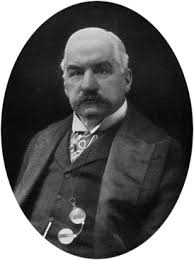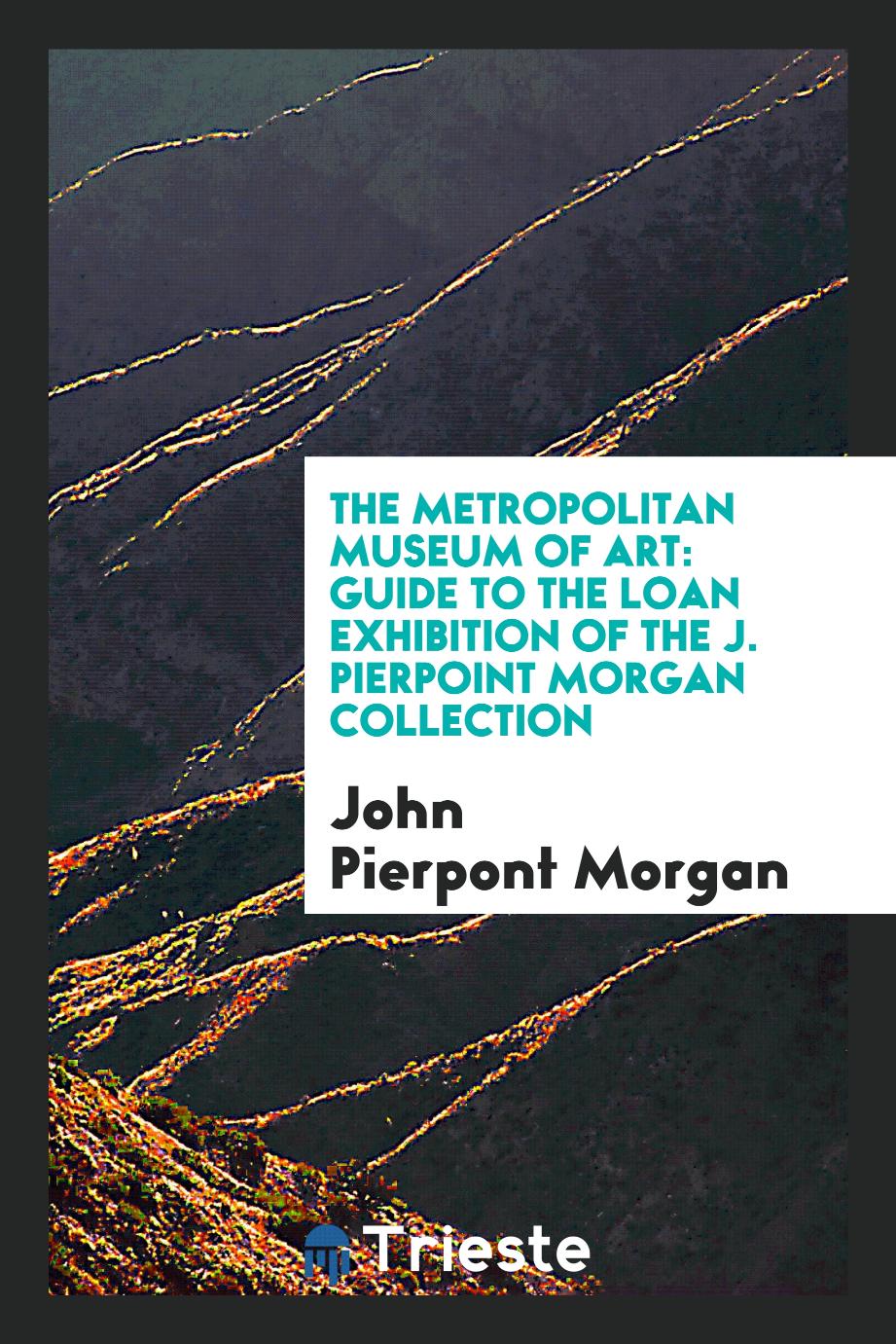
John Pierpont Morgan
John Pierpont Morgan Sr. (April 17, 1837 - March 31, 1913) was an American financier and banker who dominated corporate finance on Wall Street throughout the gilding era. As the head of a banking firm that eventually became known as J.P. Morgan and Co., he was the driving force behind the wave of industrial consolidation in the United States, spanning the late 19th and early 20th centuries. Throughout his career on Wall Street, J.P. Morgan led the formation of several prominent multinationals, including the US Steel Corporation, International Harvester, and General Electric. He and his partners also held controlling stakes in many other U.S. companies, including AT&T, Western Union, and 24 railways. Because of his financial dominance, Morgan began to exert a huge influence on the legislators and finances of the country. During the panic of 1907, he organized a coalition of financiers that saved the American economy from collapse. As the lead financier of the Progressive Era, J.P. Morgan's dedication to efficiency and modernization helped change the shape of the American economy. Adrian Wooldridge described Morgan as "America's greatest banker." Morgan died in Rome, Italy, in a dream in 1913 at the age of 75, leaving his estate and business to his son John Pieront Morgan, Jr. Biographer Ron Chernou estimated his fortune at only $ 118 million (of which approximately $ 50 million was attributed to his extensive art collection), which allegedly led John D. Rockefeller to say: “and think he was not even a rich man”.

